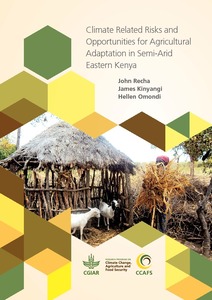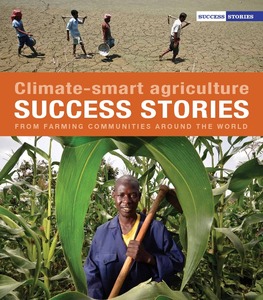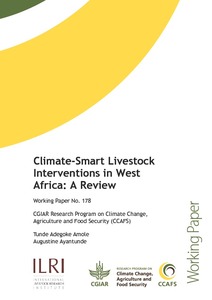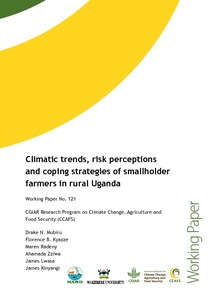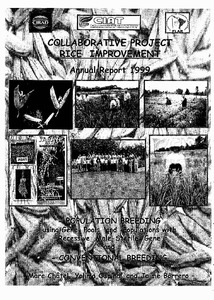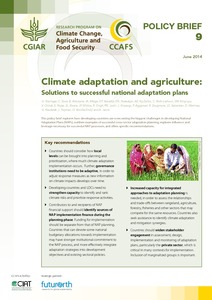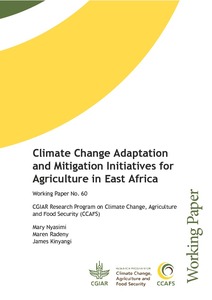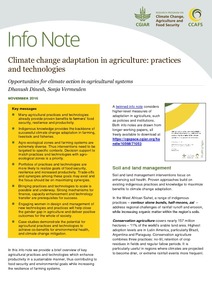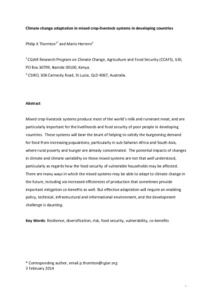Climate Related Risks and Opportunities for Agricultural Adaptation in Semi-Arid Eastern Kenya.
This report contains information on a field assessment of risks associated with climate variability in eastern Kenya. It also includes the compilations of climate related agricultural risks gathered from a Kamba radio dialogue with local communities of Eastern Kenya, aired from January to April 2012. It highlights the significant potential in the region for mitigating climate change through improved management of agricultural land and crop and livestock husbandry practices, as well as on tapping into the wide range of traditional knowledge of the local communities.

